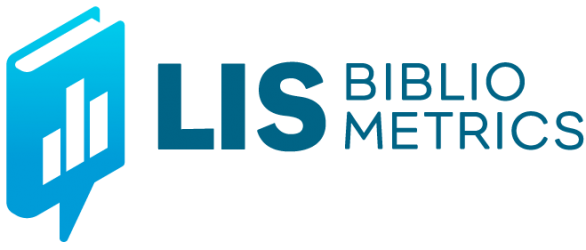Authors Maddie Hare, Heather Woods, Isabelle Dorsch, Carey Ming-Li Chen, and Stefanie Haustein, discuss their groundbreaking work on the Metrics Literacies Project. The Metrics Literacies project is informed by this concept: 'an integrated set of competencies, dispositions and knowledge that empowers individuals to recognize, interpret, critically assess and effectively and ethically use scholarly metrics,' which is guided …
Introducing the new responsible use guide: Using Altmetric Data Responsibly: A Guide to Interpretation and Best Practice
Rachel Miles, lead author of the guide, discusses some key points from the new Using Altmetric Data Responsibly guide, which is now added to the collection of Responsible Use Guides from the LIS-Bibliometrics Community. This guide focuses specifically on data and attention sources from the altmetrics data provider, Altmetric. Altmetric, owned by Digital Science, is …
The Leiden Ranking goes beyond ranking
Today the CWTS Leiden Ranking and the INORMS More Than Our Rank initiative announce a new partnership, aimed at highlighting the accomplishments of universities beyond what is captured in university rankings. This blog post originally appeared on Leiden Madtrics and has been reposted here for redistribution and sharing purposes. The CWTS Leiden Ranking has always been a …
Dressing up Irresponsible Metrics as Responsible Metrics
David Whyte from the University of Liverpool thinks his institution is making a mockery of established standards in research metrics. In this post he breaks down why he thinks so and how this could effect the broader research community. University of Liverpool Faculty of Health, Creative Commons Attribution 2.0 Generic I’ll begin by putting my cards …
Continue reading "Dressing up Irresponsible Metrics as Responsible Metrics"
Guest post: Responsible research evaluation starts here
Jonathan Adams from Clarivate Analytics discusses how to responsibly use and interpret bibliometric data through a list of caveats and requirements prior to starting the planning of research evaluations. Ensuring the responsible use of data about research activity has become an increasing problem over the last twenty years. As the owners and champions of the …
Continue reading "Guest post: Responsible research evaluation starts here"
